Skiing is no longer just about racing down slopes or carving perfect turns. For those who crave creativity and a bit of adrenaline, park skiing offers an entirely new way to enjoy the snow. Picture yourself launching off jumps, sliding on rails, and spinning through the air—all while turning the terrain park into your personal playground. Sounds fun, right?
What Are Park Skis?
Park skis, also known as freestyle skis, are specifically designed for skiing in terrain parks and performing tricks. Unlike traditional skis, they’re built to handle the unique demands of jumps, rails, boxes, and other park features. They’re playful, versatile, and perfect for skiers who enjoy pushing the boundaries of what’s possible on snow.
Key Features of Park Skis
1. Twin-Tip Design
One of the most recognizable features of park skis is their twin-tip design, where both ends of the ski curve upward. This allows you to ski and land tricks both forwards and backwards (called "switch skiing").
2. Lightweight Construction
Park skis are lighter than traditional skis to make aerial maneuvers, spins, and flips easier. The reduced weight also helps with quicker transitions between tricks.
3. Centered Bindings
Bindings on park skis are mounted closer to the center of the ski, providing better balance and making it easier to spin and land jumps.
4. Durable Edges and Bases
Since park skiing often involves sliding on rails and boxes, park skis are designed with reinforced edges and bases to withstand repeated impacts.
5. Soft to Medium Flex
Park skis typically have a softer flex to absorb landings and make pressing on rails easier. Some skiers prefer a slightly stiffer ski for better stability on bigger jumps.
Why Park Skiing Is Awesome
1. It’s Creative
Park skiing is all about self-expression. Whether you’re working on your first 180 or perfecting a rail slide, the possibilities for creativity are endless.
2. It’s Accessible
Most ski resorts have terrain parks with features for all skill levels, so you can start small and work your way up to bigger tricks.
3. It’s a Workout
Spending a day in the park is a full-body workout. You’ll build strength, coordination, and balance—all while having a blast.
4. It’s Social
Terrain parks are often the hub of the ski hill. You’ll meet other skiers, watch impressive tricks, and get inspired to try new things.
How to Choose Park Skis
When picking park skis, consider the following factors:
1. Ski Length
Park skis are typically shorter than all-mountain skis, which makes them more maneuverable for tricks. A good rule of thumb is to choose skis that are roughly chin height for park riding.
2. Flex
- Soft flex: Easier to control and better for smaller features and rails.
- Stiffer flex: Offers more stability for big jumps and aggressive skiing.
3. Weight
Lightweight skis are easier to spin and carry, which is especially helpful for beginners.
4. Durability
Since park skiing can be rough on your gear, look for skis with reinforced edges and tough bases.
Snowfeet Shine in the Park
While Snowfeet is known for its innovative skiblades and short skis, several of their products make fantastic options for park skiing. Their shorter lengths, playful designs, and ease of use align perfectly with the needs of freestyle skiers.
1. Snowfeet Skiblades 65
The ultra-short 65 cm Skiblades are perfect for park beginners who want to focus on mastering rail slides, small jumps, and spins. Their compact size makes them incredibly easy to control and ideal for experimenting with new tricks. Plus, they’re lightweight, which means you’ll spend less energy hiking back up to the top of the park.
2. Snowfeet Skiblades 99
For those looking for a bit more stability without sacrificing playfulness, the 99 cm Skiblades are a great choice. They’re long enough to handle bigger jumps and high-speed approaches but still short enough to feel nimble in the park. Their balanced design makes them versatile for skiers who want to explore both park features and regular slopes.
3. Skiskates
These smallest skis in the world are perfect for snowparks. The mix of skiing and skating makes tricks and park skiing even more enjoyable.
Tips for Getting Started in the Park
If you’re new to park skiing, don’t worry—it’s all about starting small and building your confidence. Here are some tips to get you started:
1. Master the Basics
Before you hit the park, make sure you’re comfortable with stopping, turning, and controlling your speed on the slopes.
2. Warm Up
Start with small features like flat boxes or tiny jumps. These are perfect for practicing balance and control.
3. Keep Your Weight Centered
Stay balanced over the middle of your skis to maintain control, especially when hitting rails or jumps.
4. Commit to Your Tricks
Half-hearted attempts often lead to wobbly landings. Once you’ve decided to try a trick, go for it with confidence.
5. Watch and Learn
Spend some time watching other park skiers. You’ll pick up tips and get inspired to try new things.
6. Wear Protective Gear
Helmets are a must, and crash pads can save you from bruises when you’re learning.
Park Skiing Beyond the Park
While park skis are designed for terrain parks, they’re also versatile enough for other types of skiing. Their playful nature makes them great for carving, moguls, and even small powder stashes. If you’re looking for a ski that can handle both park sessions and regular slopes, park skis—or shorter options like skiblades—are a great investment.
Why Short Skis Work in the Park
Short skis, like Snowfeet Skiblades, offer a unique advantage for freestyle skiing. Their lightweight and compact design makes tricks easier to learn, while their durability ensures they can withstand the rigors of the park. Compared to longer skis, they will give you more freedom of movement and agility while learning new tricks.









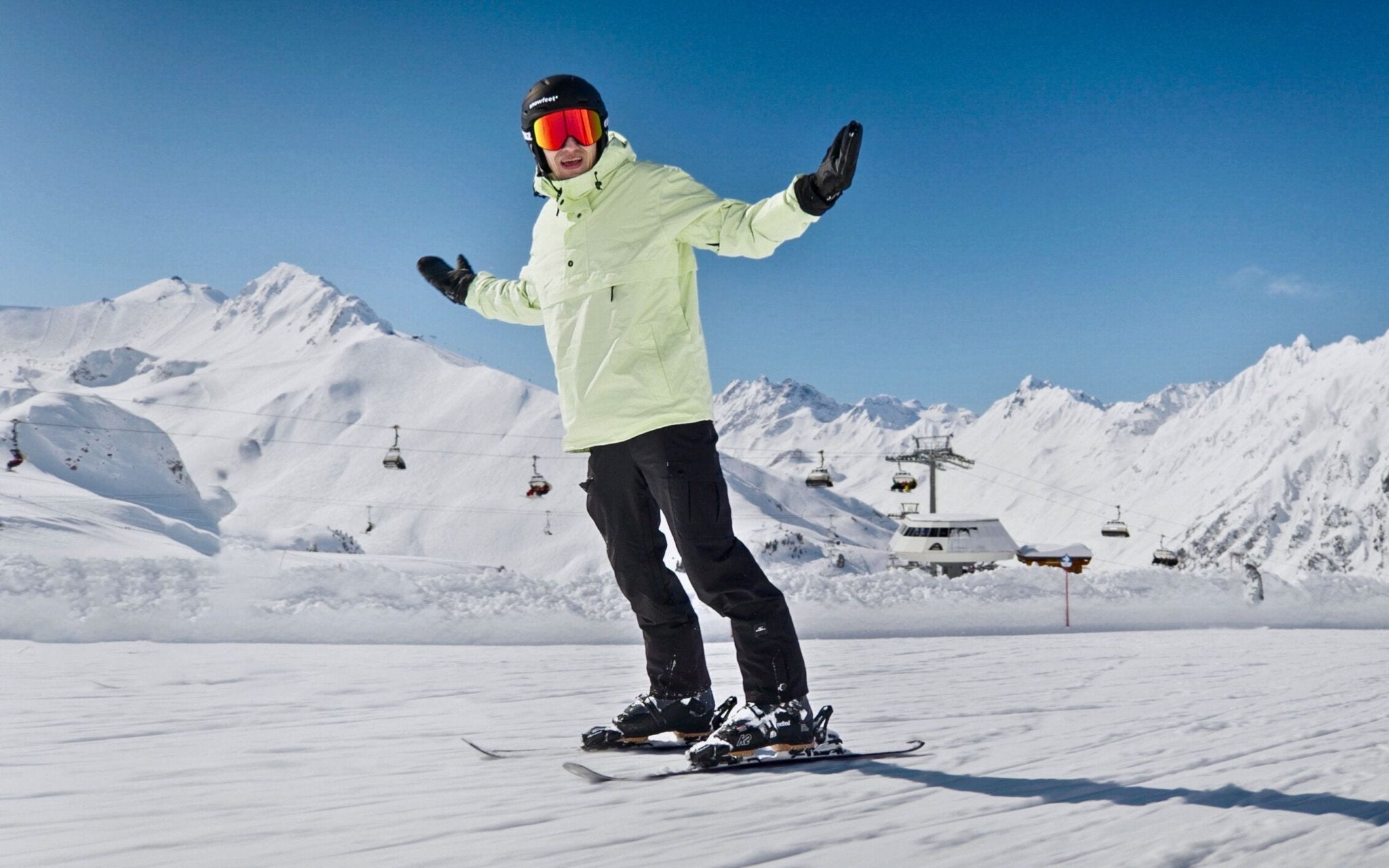
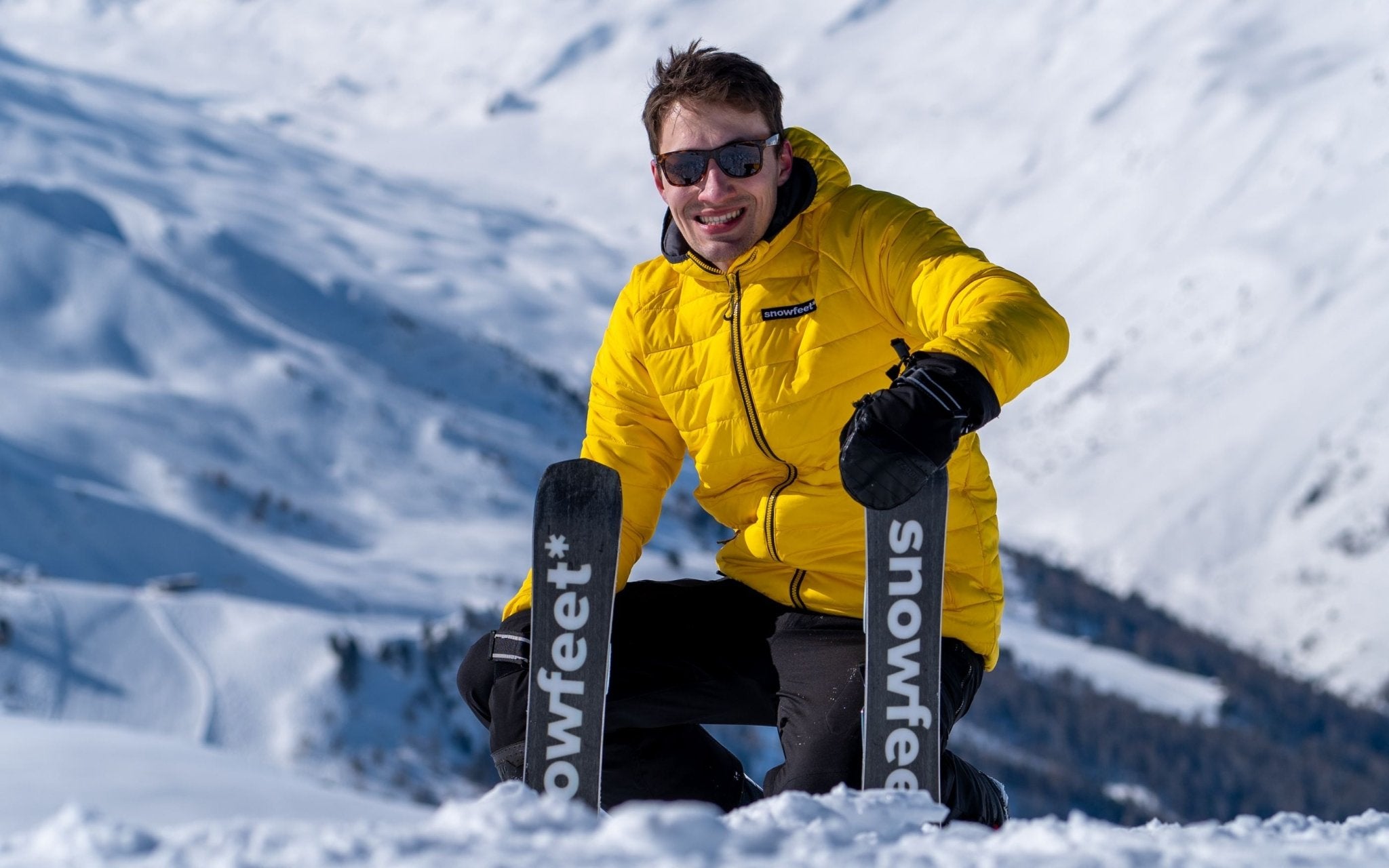
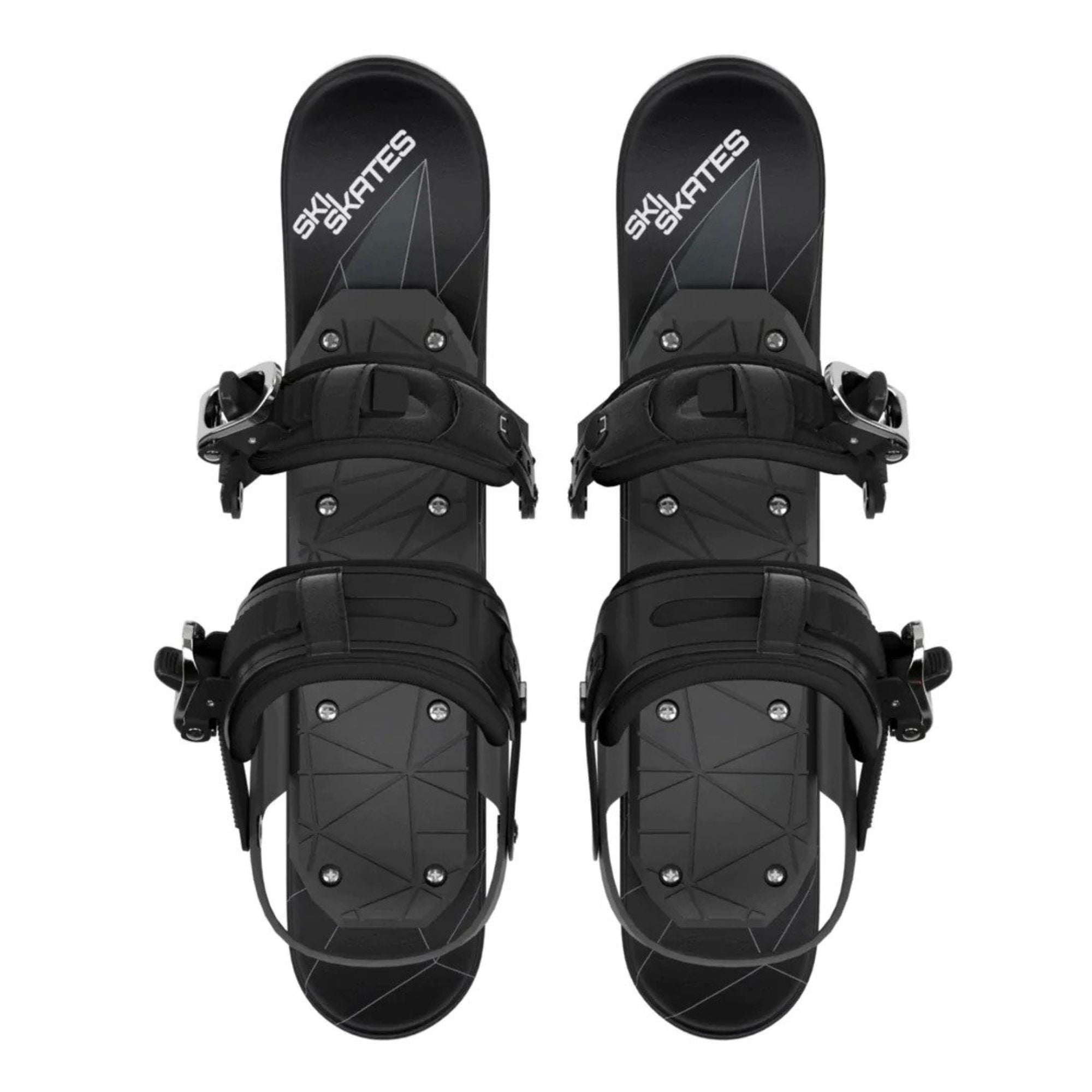
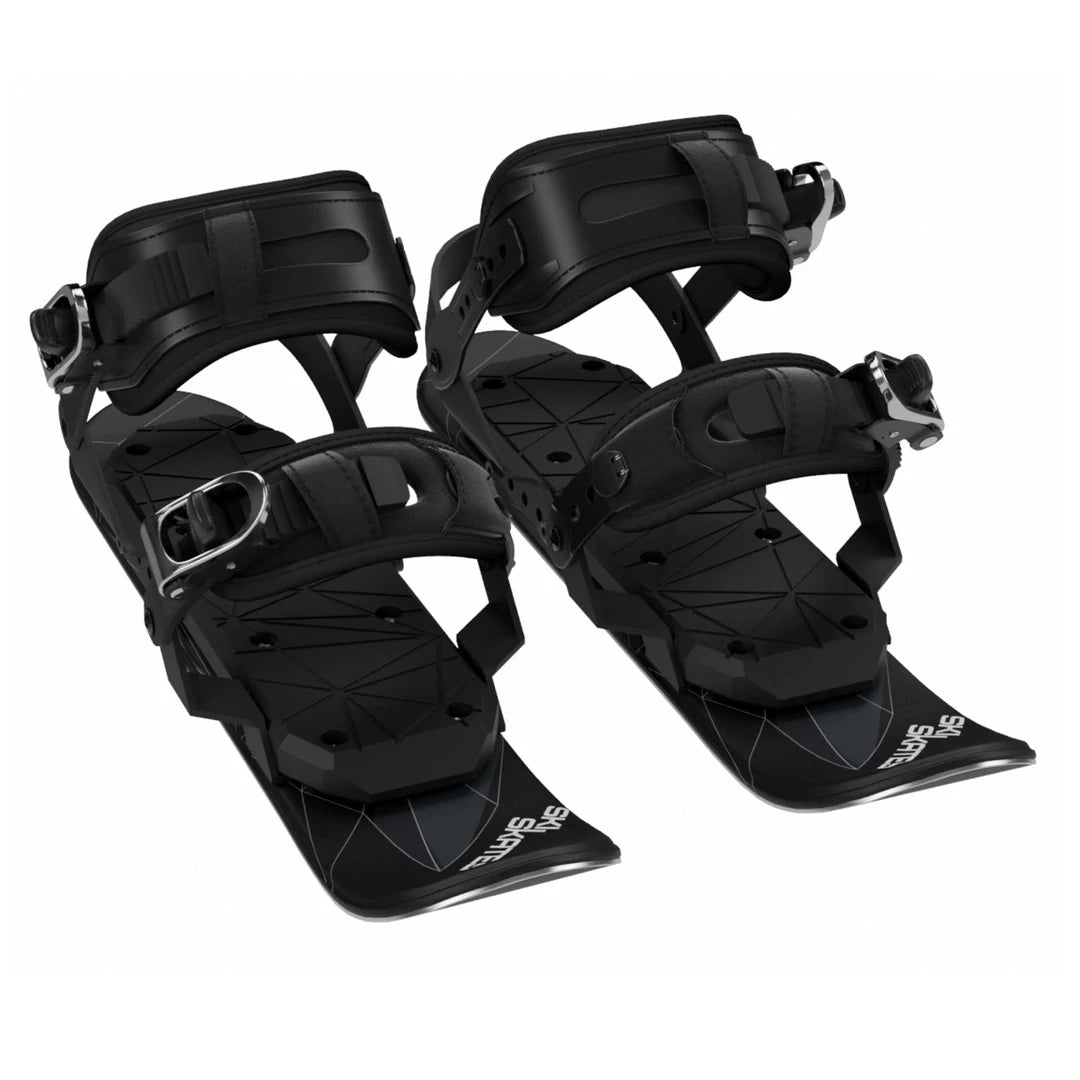
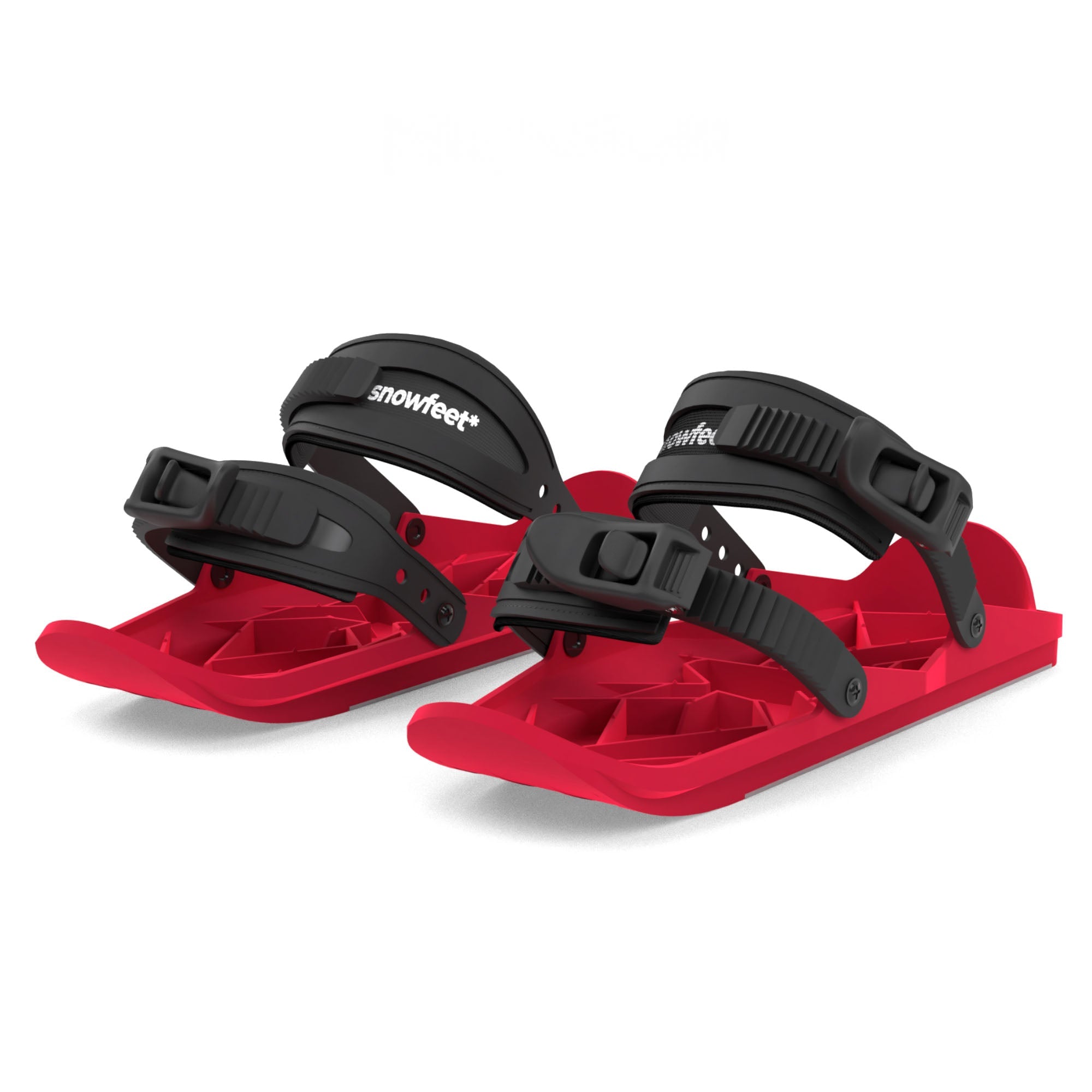
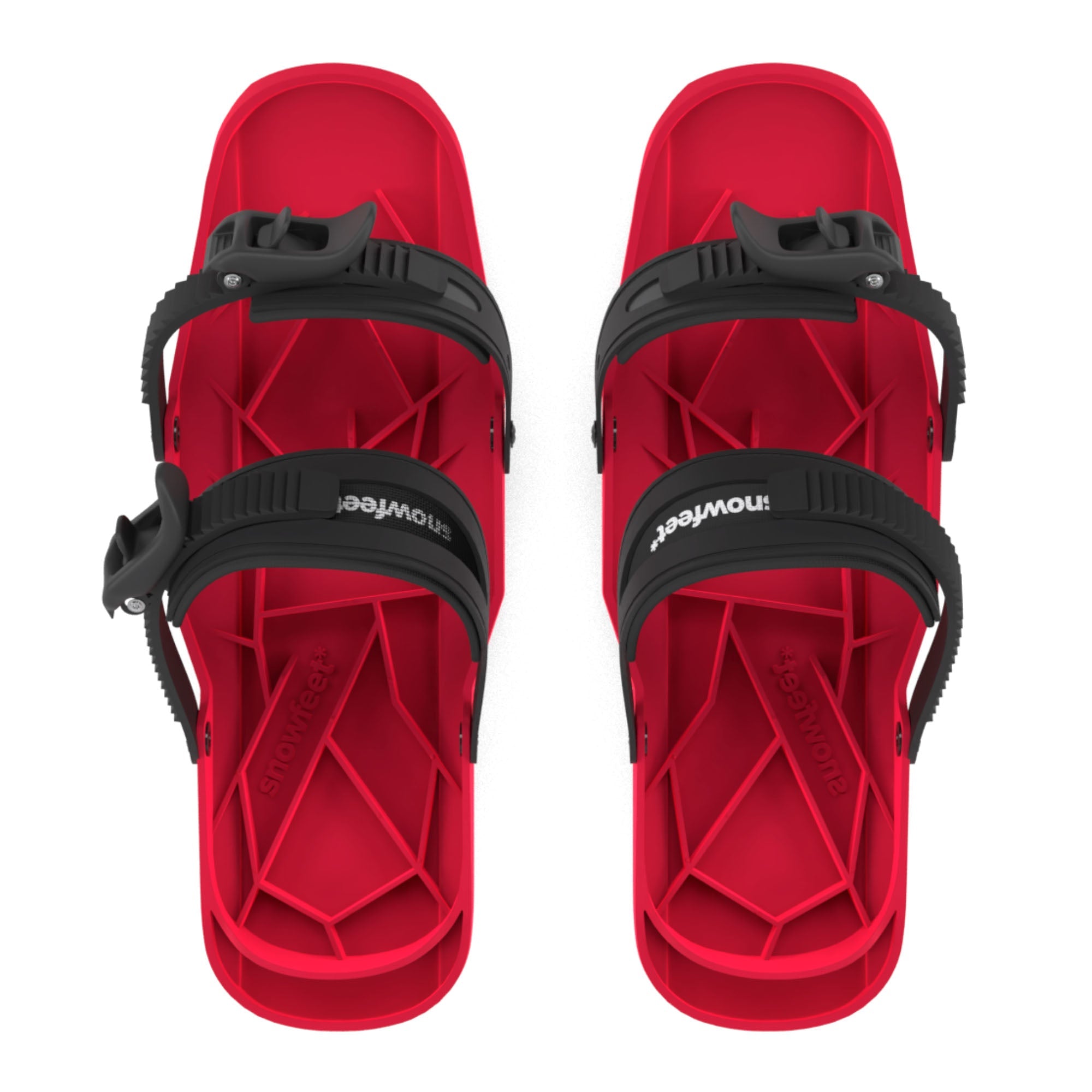




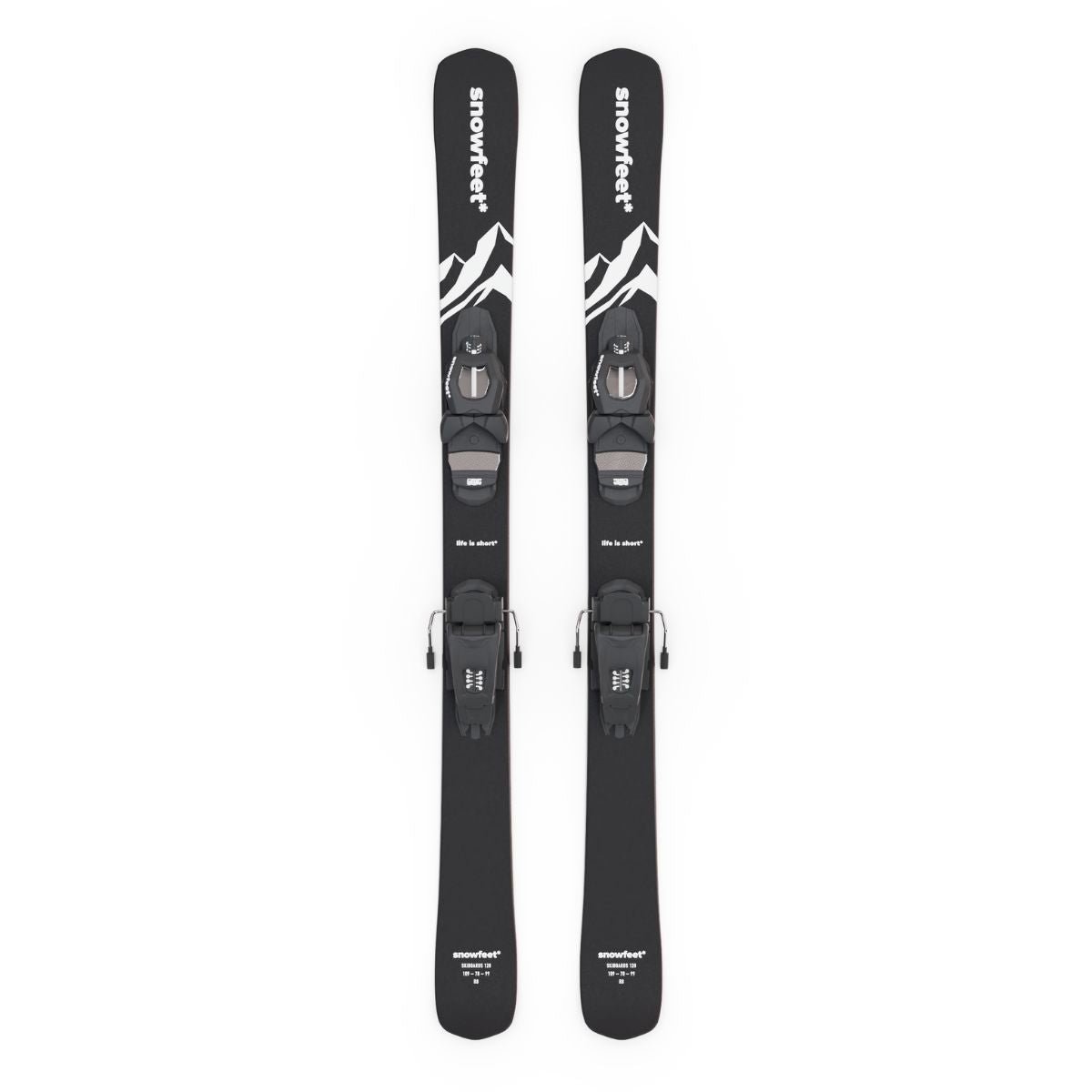
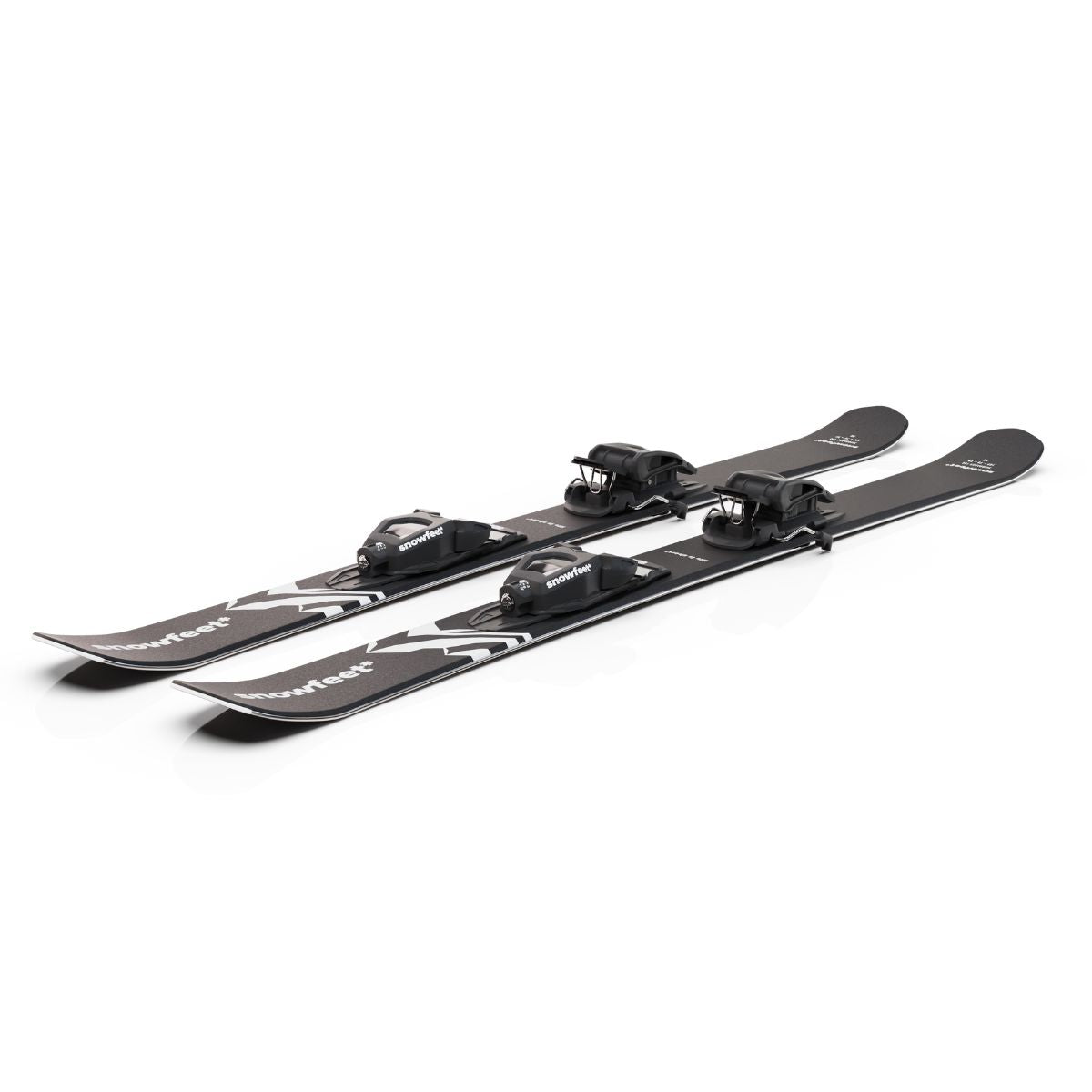
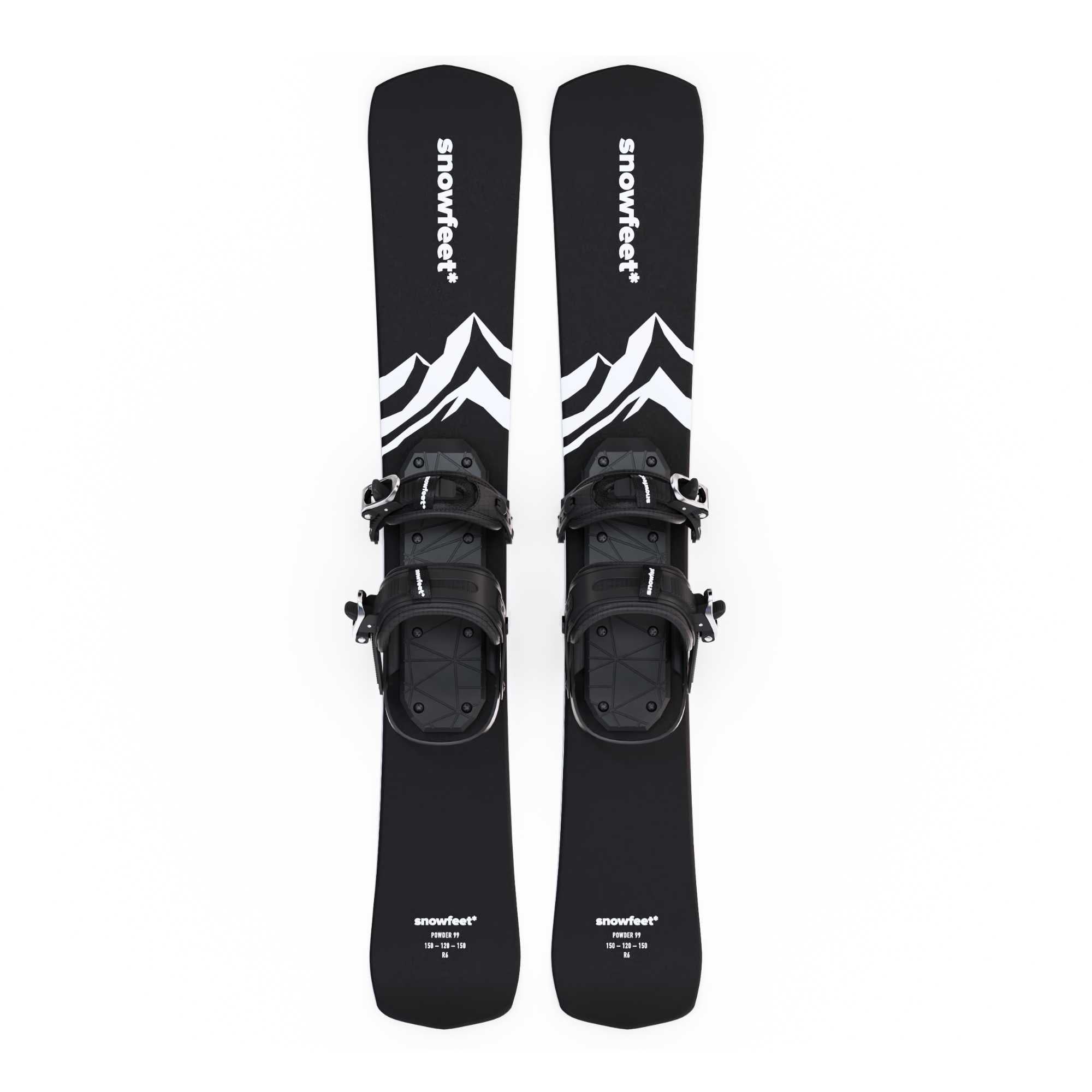
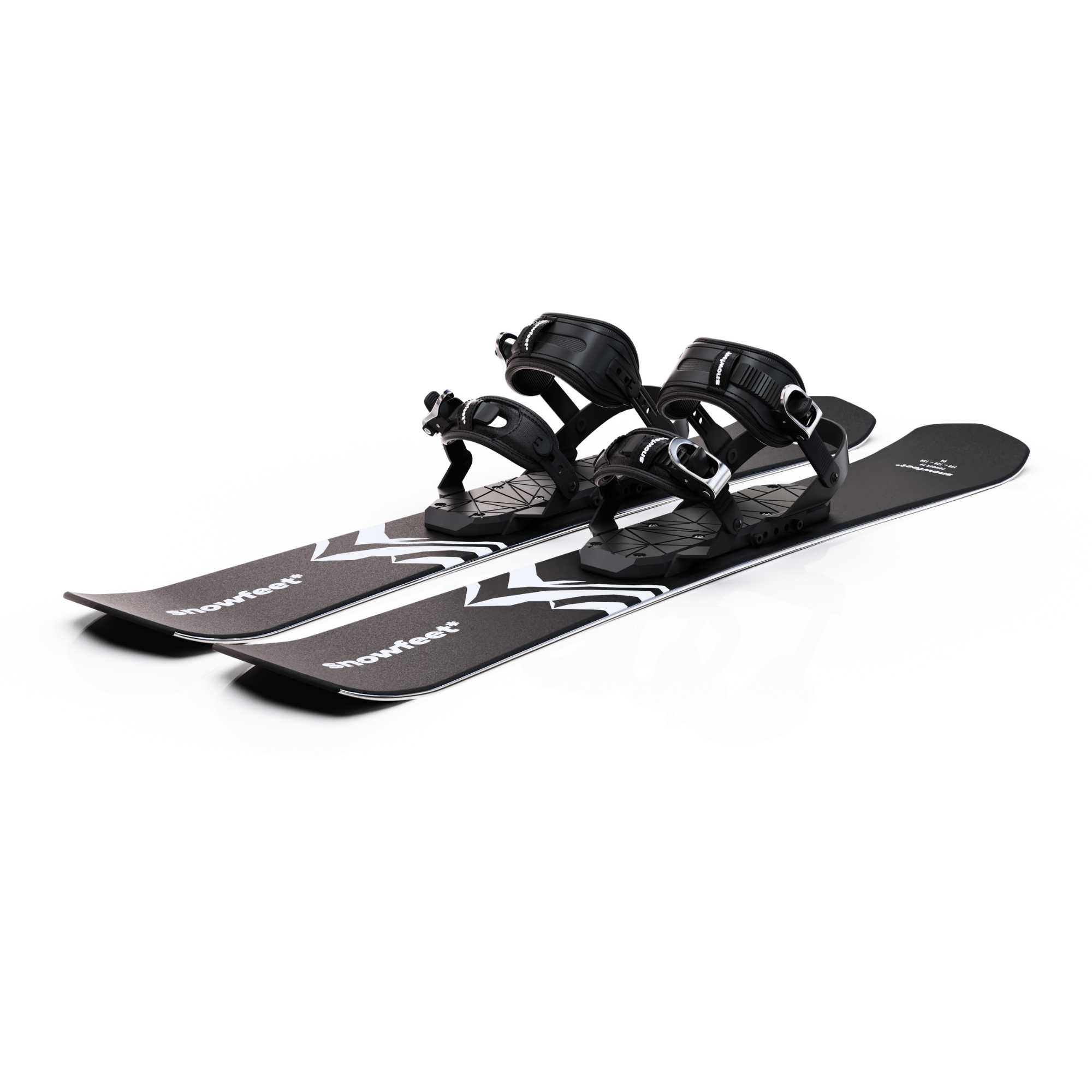
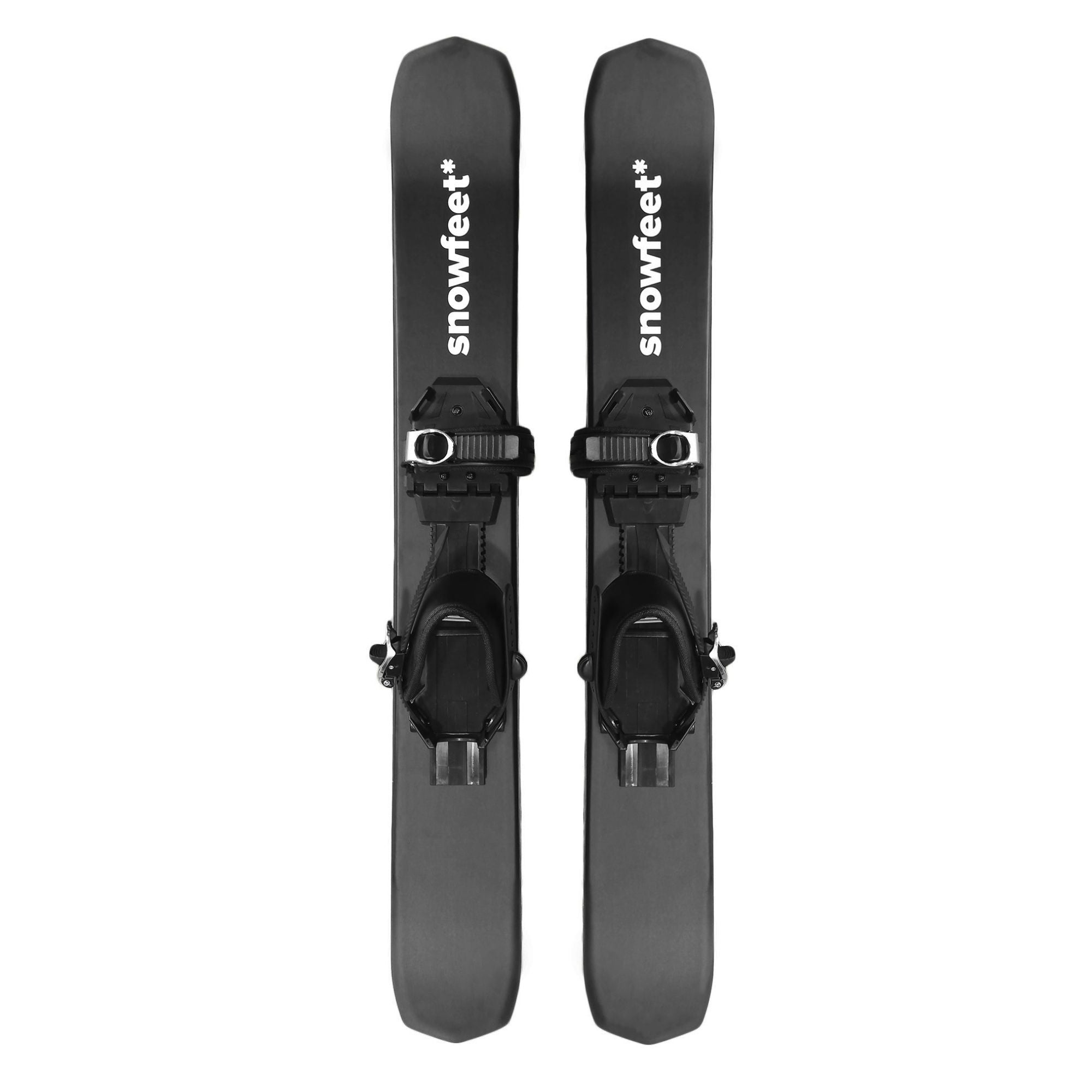
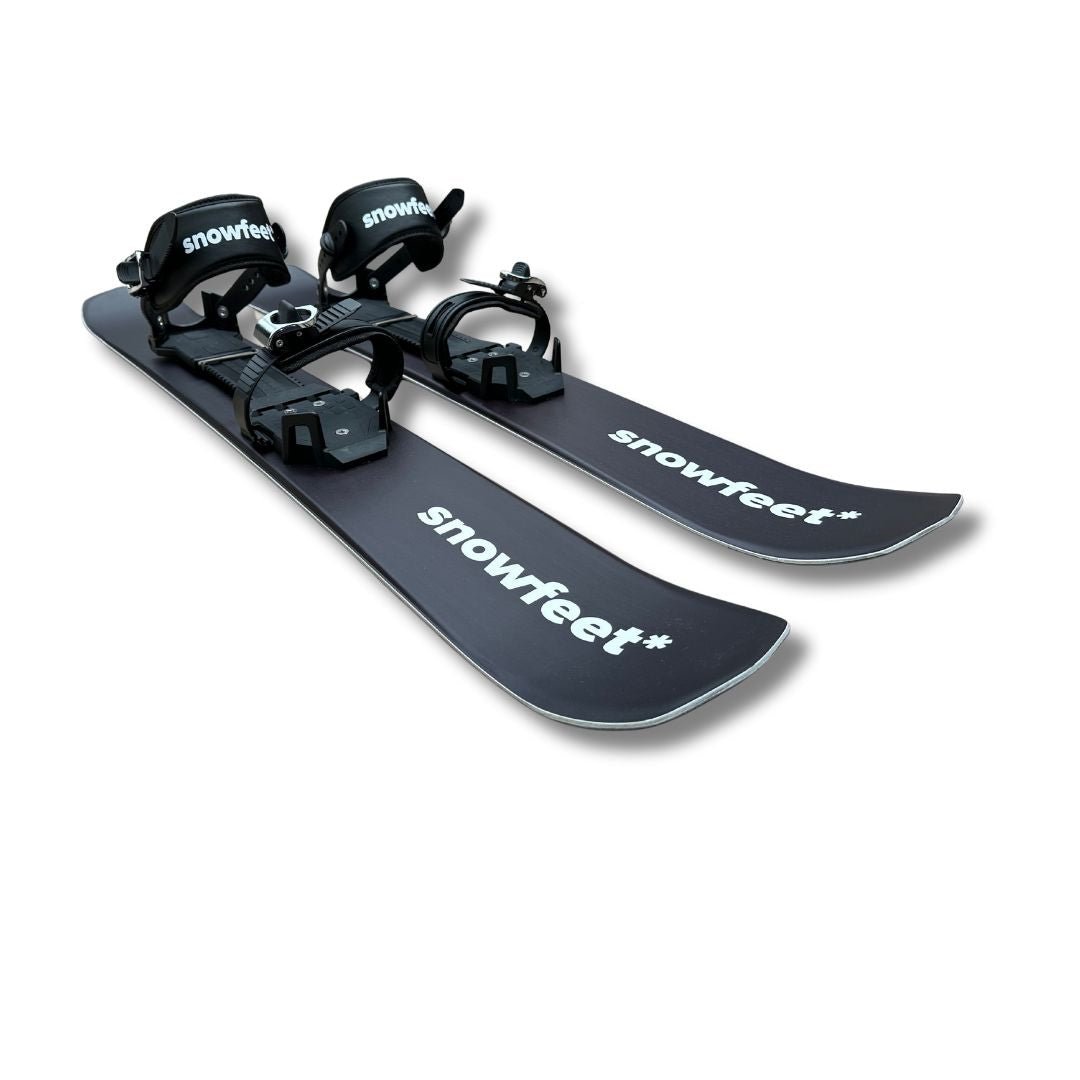
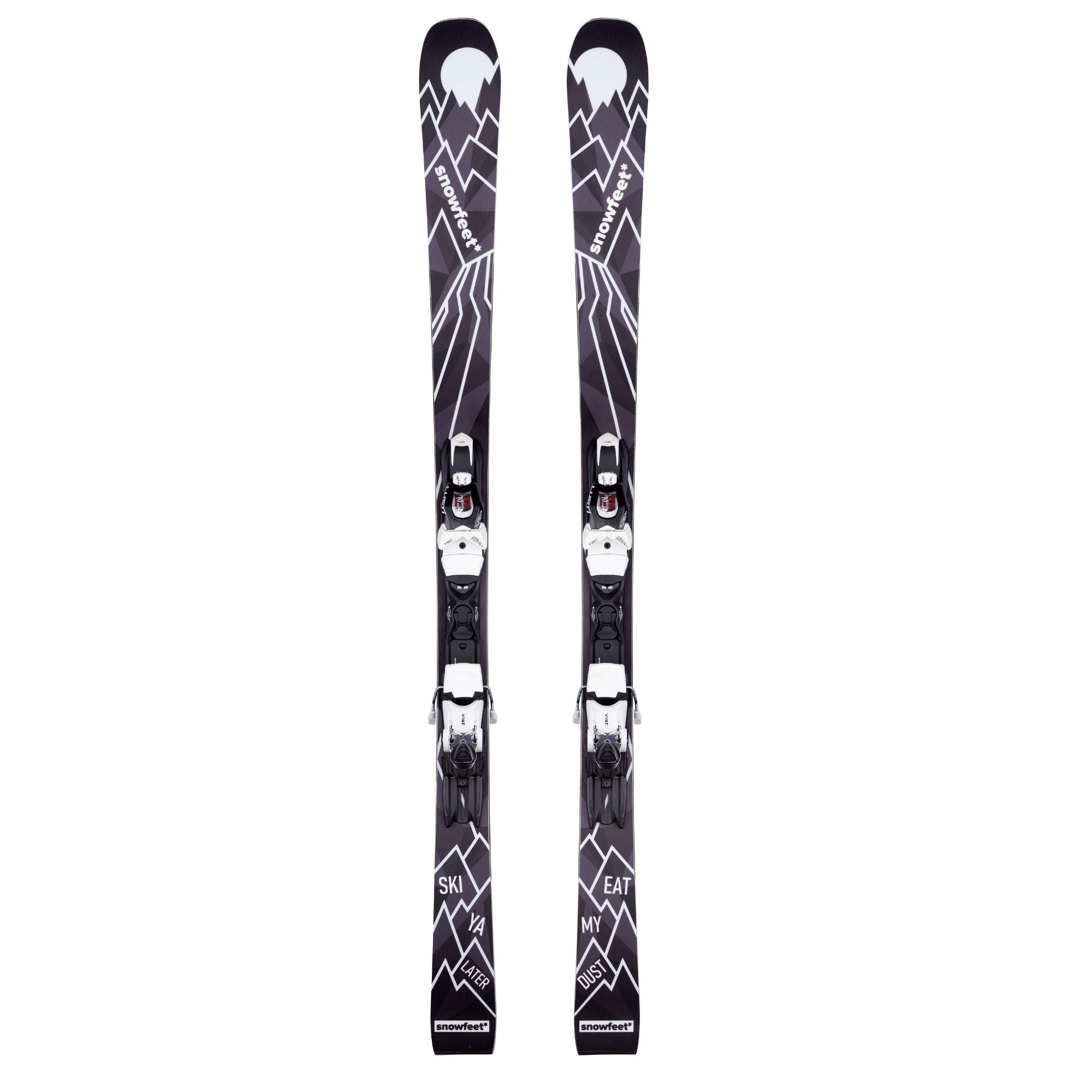
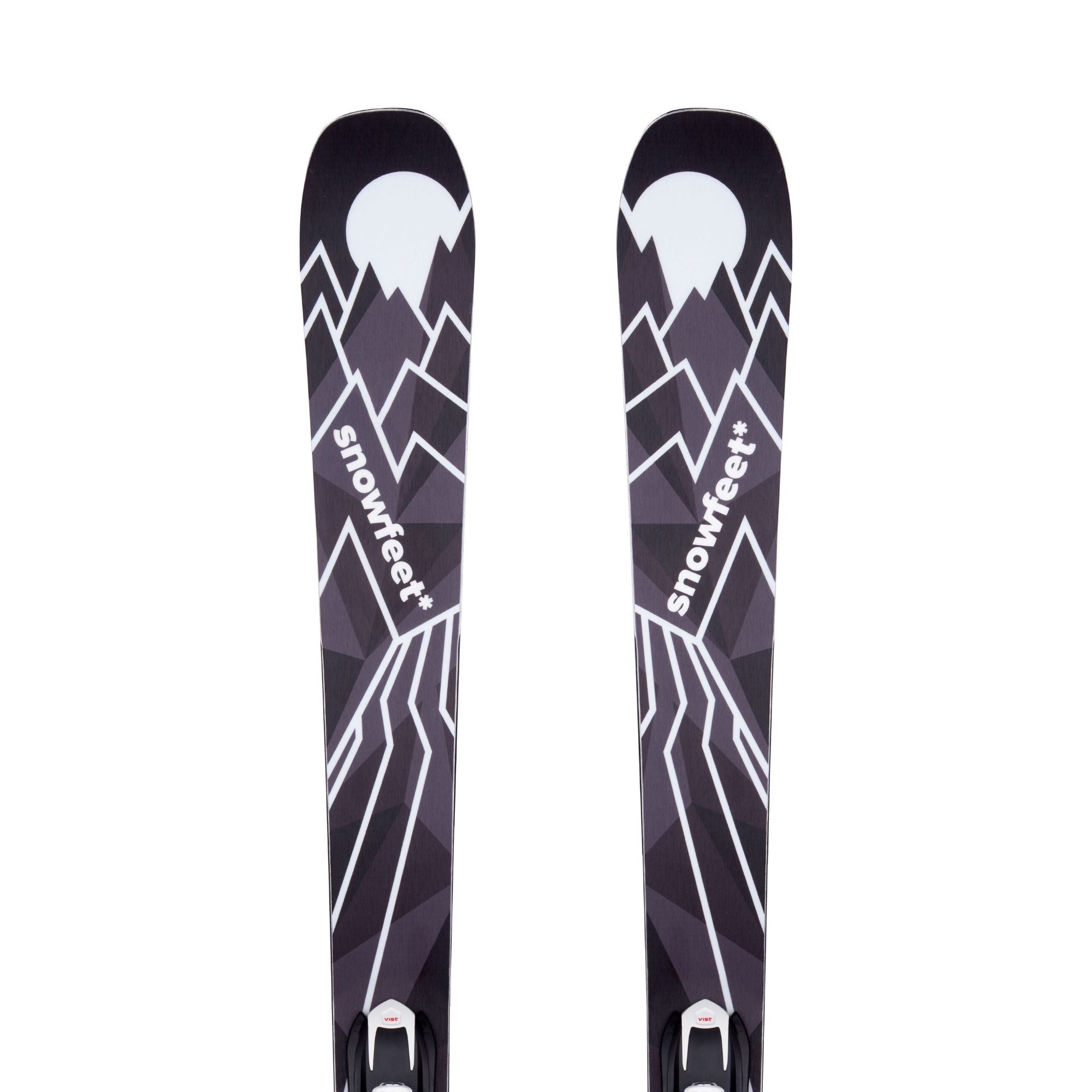
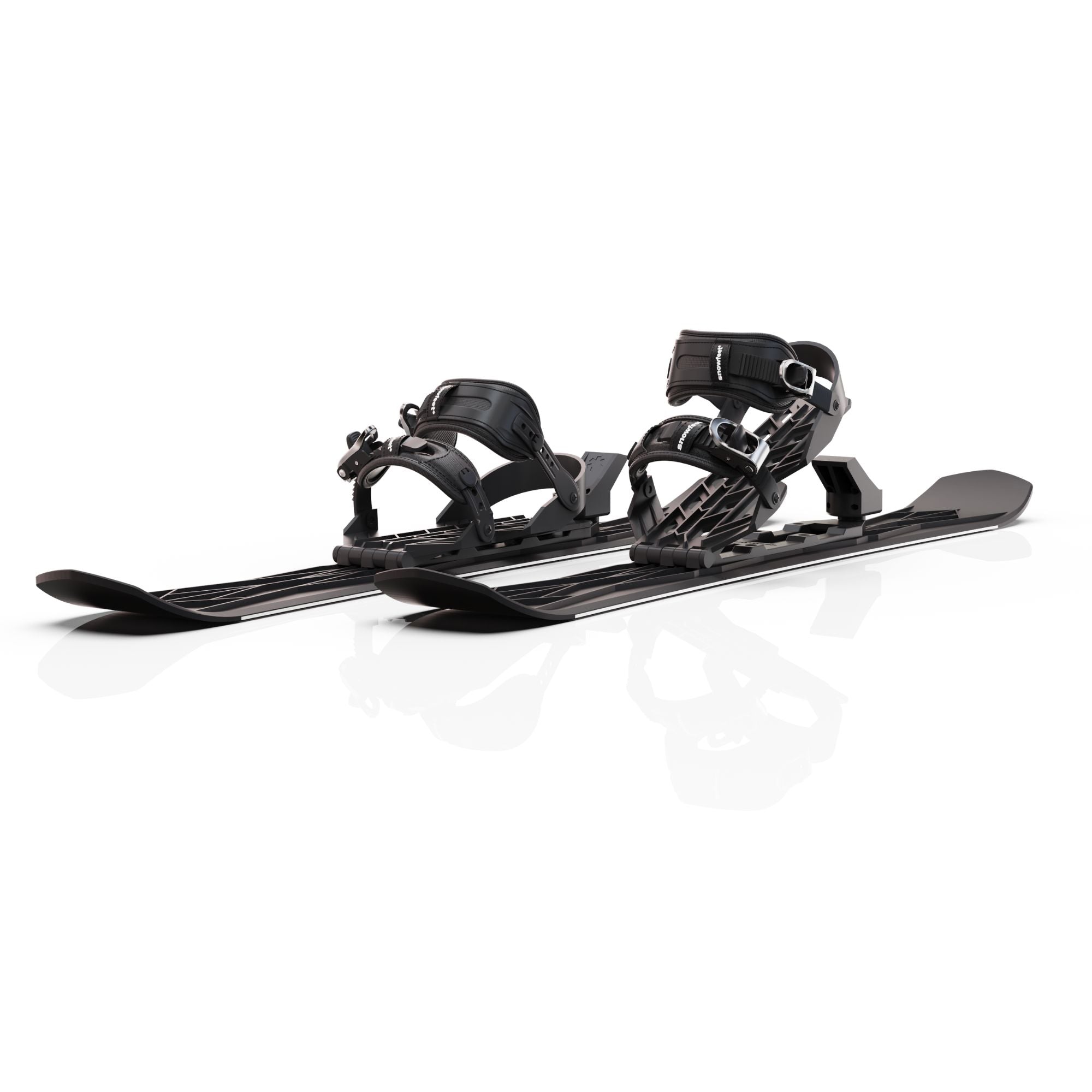

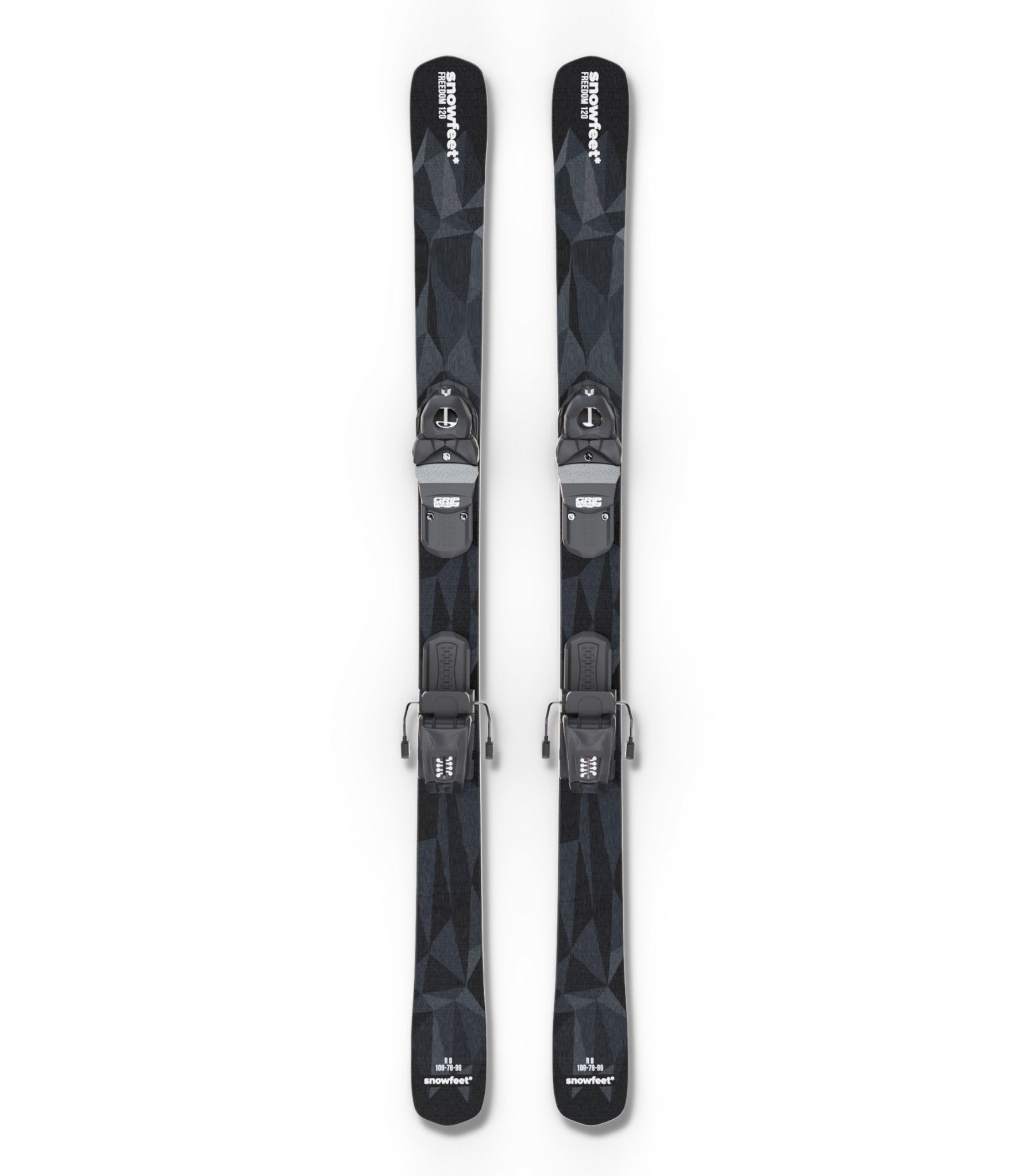
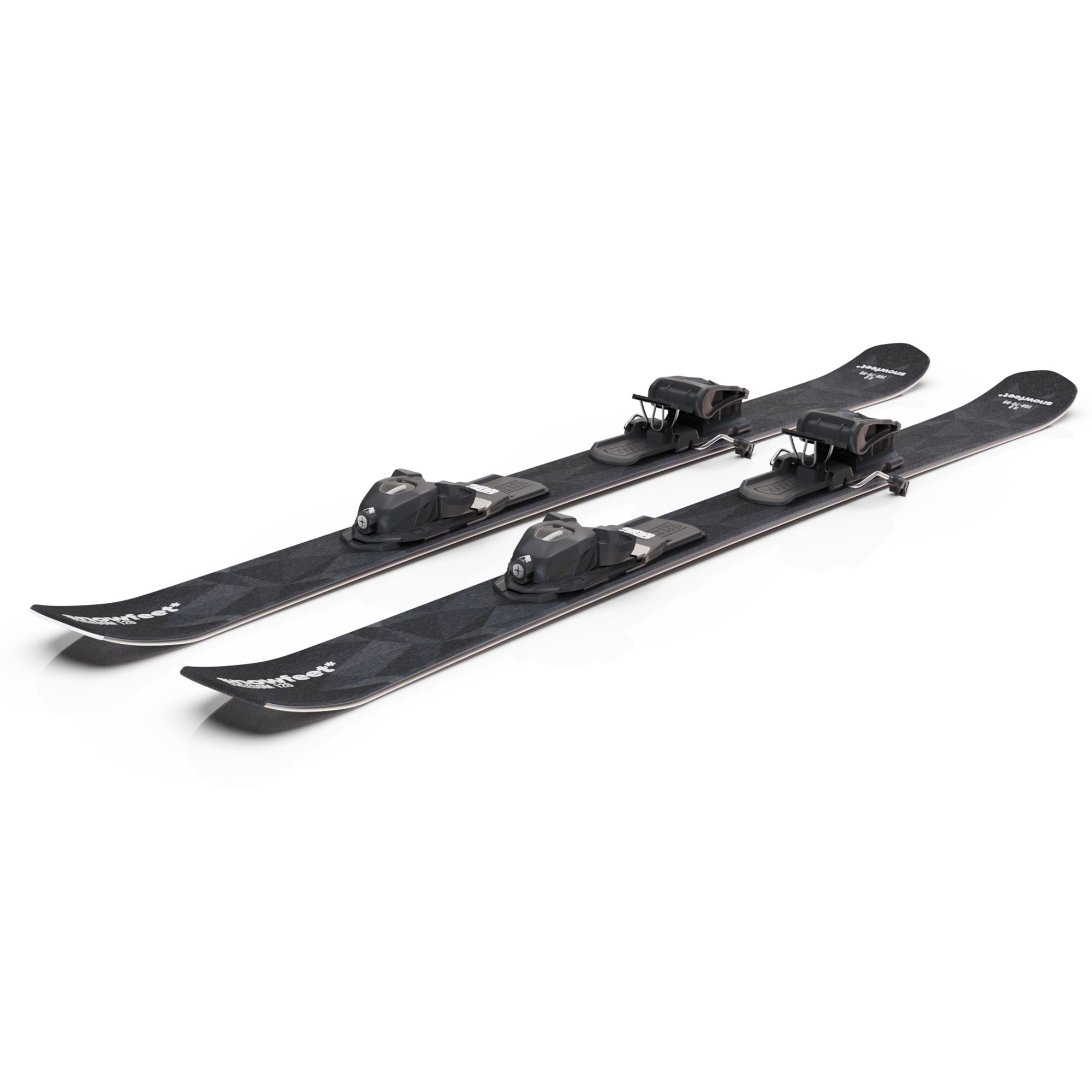
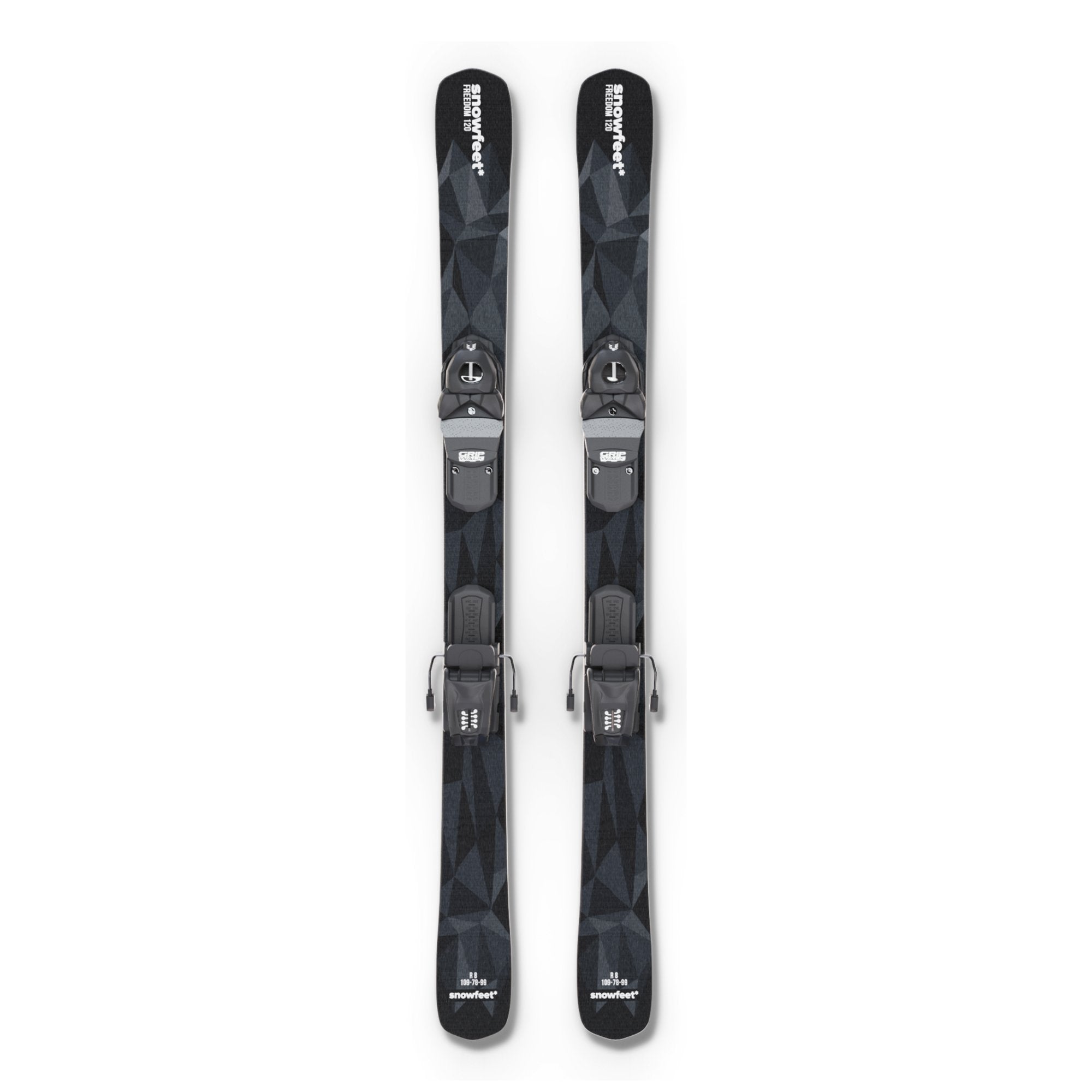
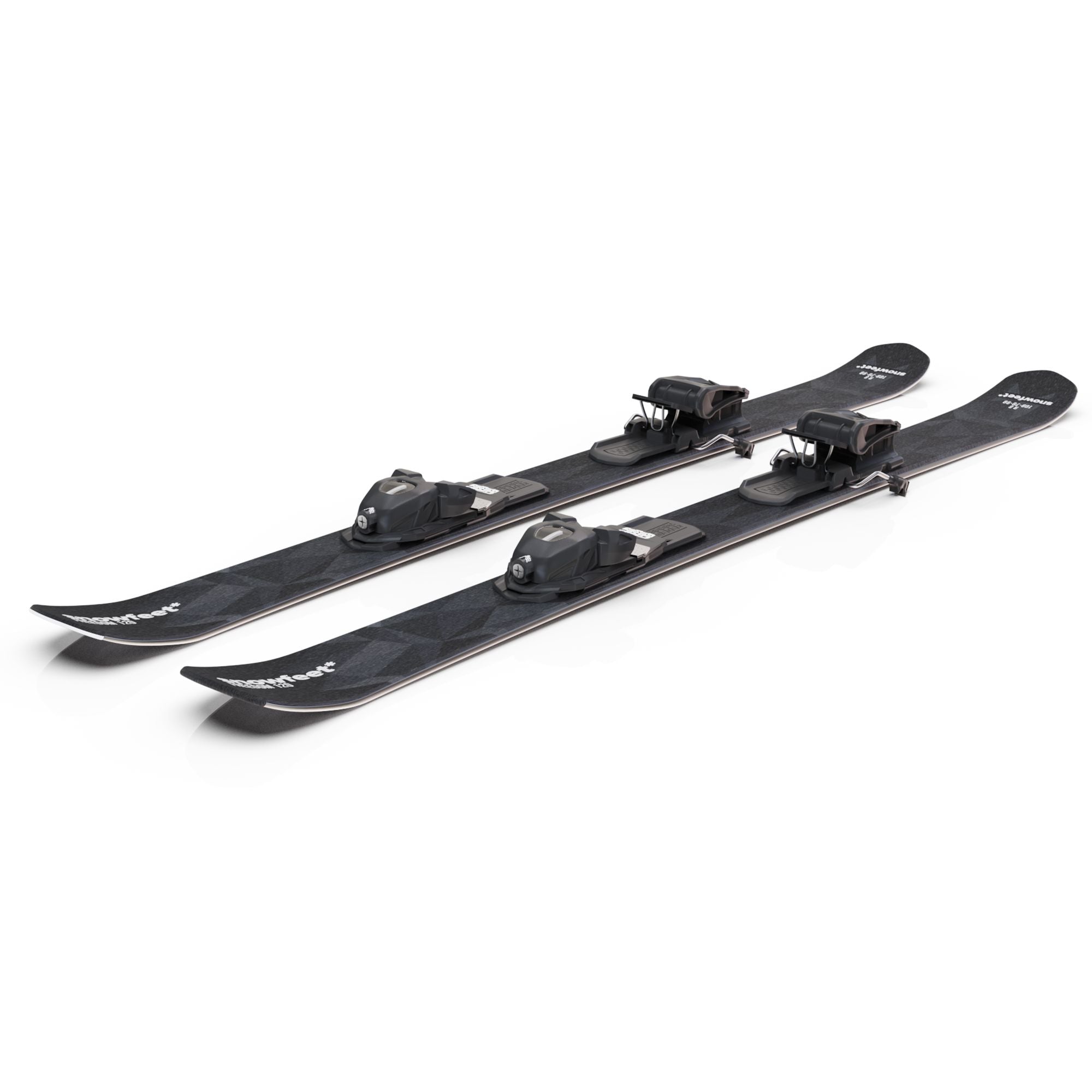
コメントを書く
このサイトはhCaptchaによって保護されており、hCaptchaプライバシーポリシーおよび利用規約が適用されます。